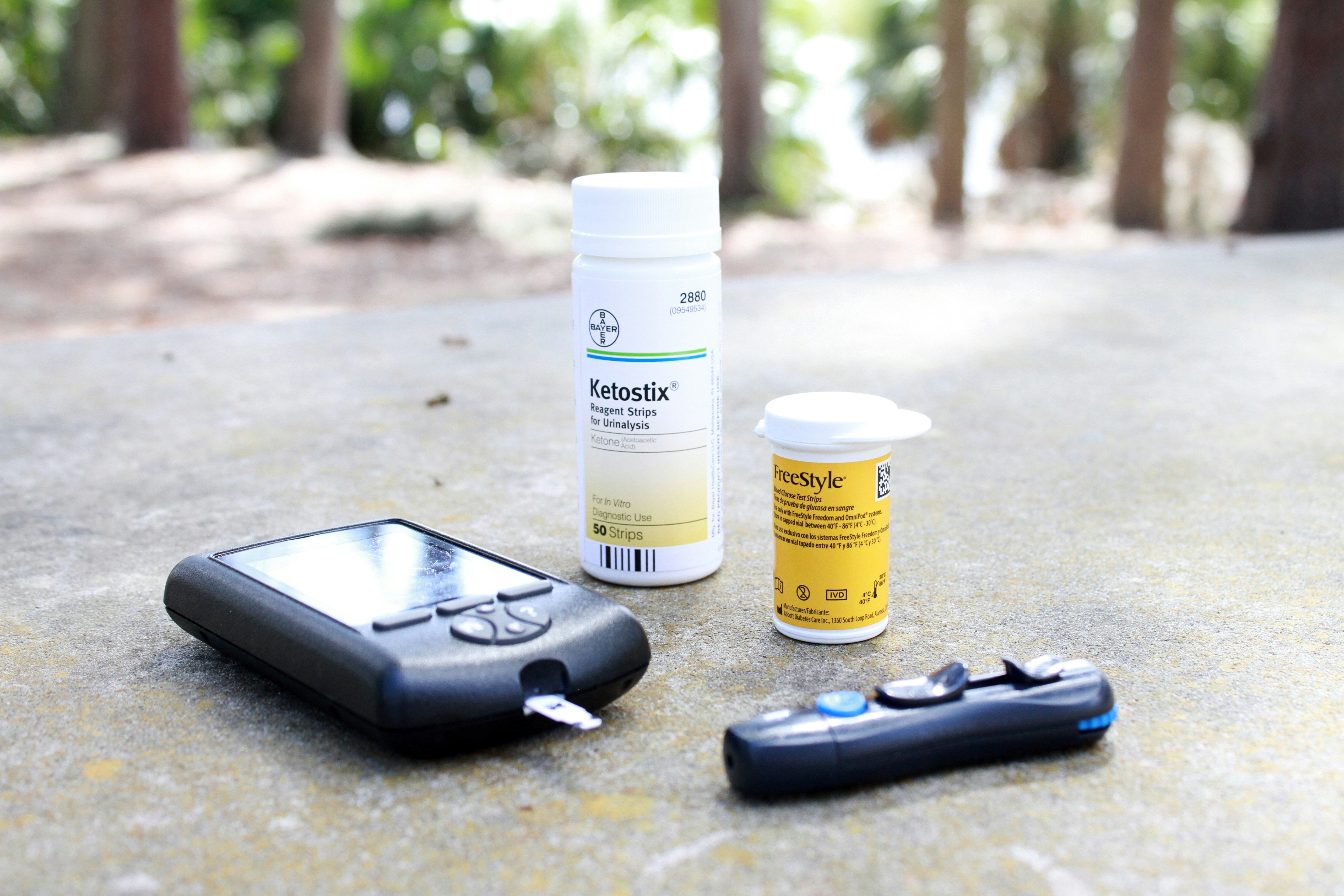Exploring the Fundamentals of the Bido Evaluation Process
March 31, 2025 | by yakobians.sevak@gmail.com
 Photo by josh A. D. on Unsplash
Photo by josh A. D. on Unsplash The Purpose and Importance of the Bido Evaluation
The Bido evaluation serves several core objectives, making it a valuable assessment tool across diverse fields such as education and psychological evaluation. Primarily, the Bido test is designed to measure individual capabilities and characteristics, providing insights that are instrumental in understanding a person’s strengths and weaknesses. This assessment is particularly useful in educational settings, where educators seek to tailor learning experiences that align with the specific needs of students. By assessing various cognitive and emotional dimensions, the Bido evaluation facilitates the identification of appropriate intervention strategies to enhance individual growth and development.
Moreover, the significance of the Bido test extends to its role in informing decisions about further development and learning paths. For instance, results from the Bido evaluation can guide educators and professionals in crafting personalized learning plans or recommending suitable vocational avenues for individuals. This ensures that the unique attributes of each person are taken into account, promoting more effective outcomes in both academic and personal development contexts.
Additionally, the reliability and validity of the Bido evaluation are crucial factors that underpin its application. A test that yields consistent and accurate results is essential for its effective utilization in various decision-making processes. Ensuring that the results of the Bido evaluation are both reliable and valid means that stakeholders, including educators, psychologists, and other professionals, can trust the insights derived from the assessment. This trust further solidifies the importance of the Bido evaluation in a systematic approach, allowing for well-informed decisions that can positively impact individuals’ lives.
Interpreting Results from the Bido Test
The Bido test results provide valuable insights into an individual’s abilities, strengths, and areas that may require further development. Central to these results is the scoring system that categorizes performance across various components. Scores typically range from low to high, each corresponding to distinct levels of proficiency. It is essential to understand that a higher score does not necessarily indicate superiority in all areas; instead, it reflects specific competencies that align with the evaluated metrics.
To accurately interpret the results, one must first familiarize themselves with the components assessed by the Bido test. These often include cognitive skills, problem-solving capabilities, and emotional intelligence. Each component is analyzed and scored independently, allowing a holistic view of an individual’s aptitudes. For instance, a high score in cognitive skills may suggest strong analytical capabilities, while a moderate score in emotional intelligence could indicate areas for growth in personal interactions and empathy.
When discussing the results with test-takers, it is vital to approach the conversation with sensitivity. Providing constructive feedback can foster a positive environment and encourage personal development. Begin by highlighting strengths indicated by the results, facilitating a positive acknowledgment of their capabilities. Subsequently, address areas for improvement with care, ensuring that the focus remains on growth opportunities rather than perceived deficiencies. Consider suggesting further assessments or tailored growth strategies to enhance their skills in specific areas based on the Bido test findings.
In conclusion, understanding the Bido test results requires a comprehensive approach that considers both strengths and areas for improvement. Effective communication of this information can guide individuals on their journey towards personal and professional development.
RELATED POSTS
View all

